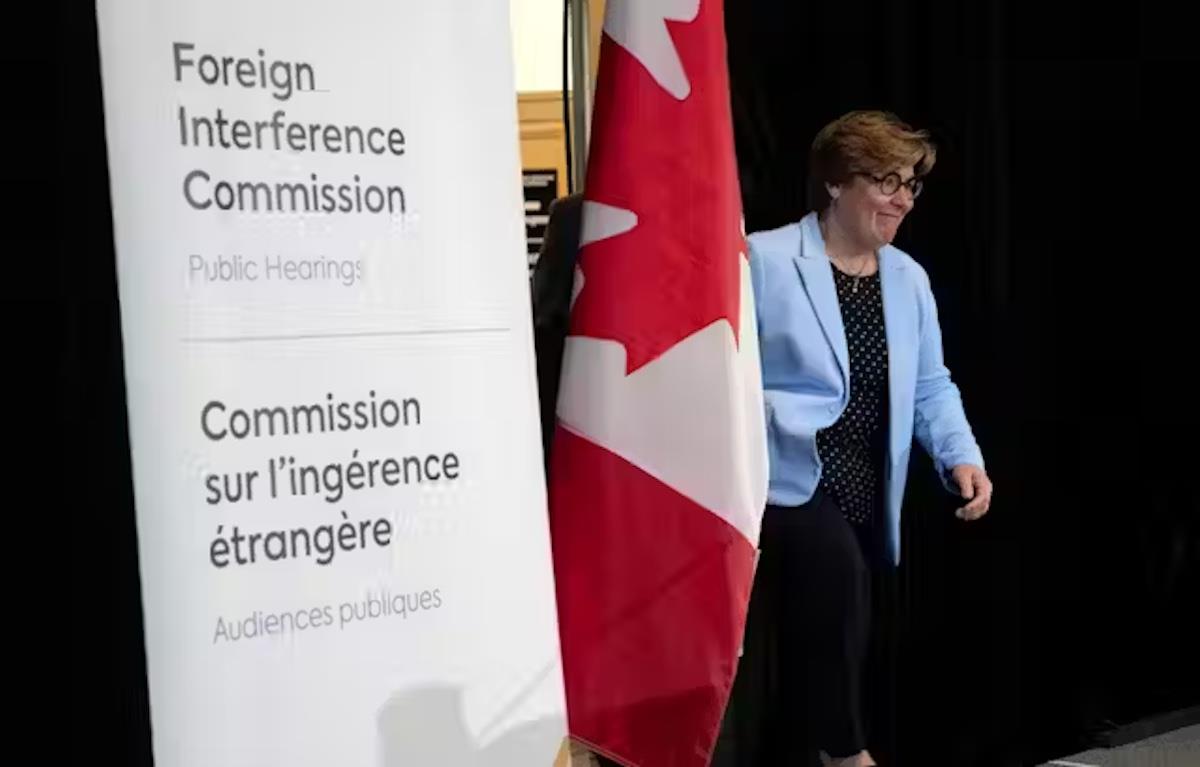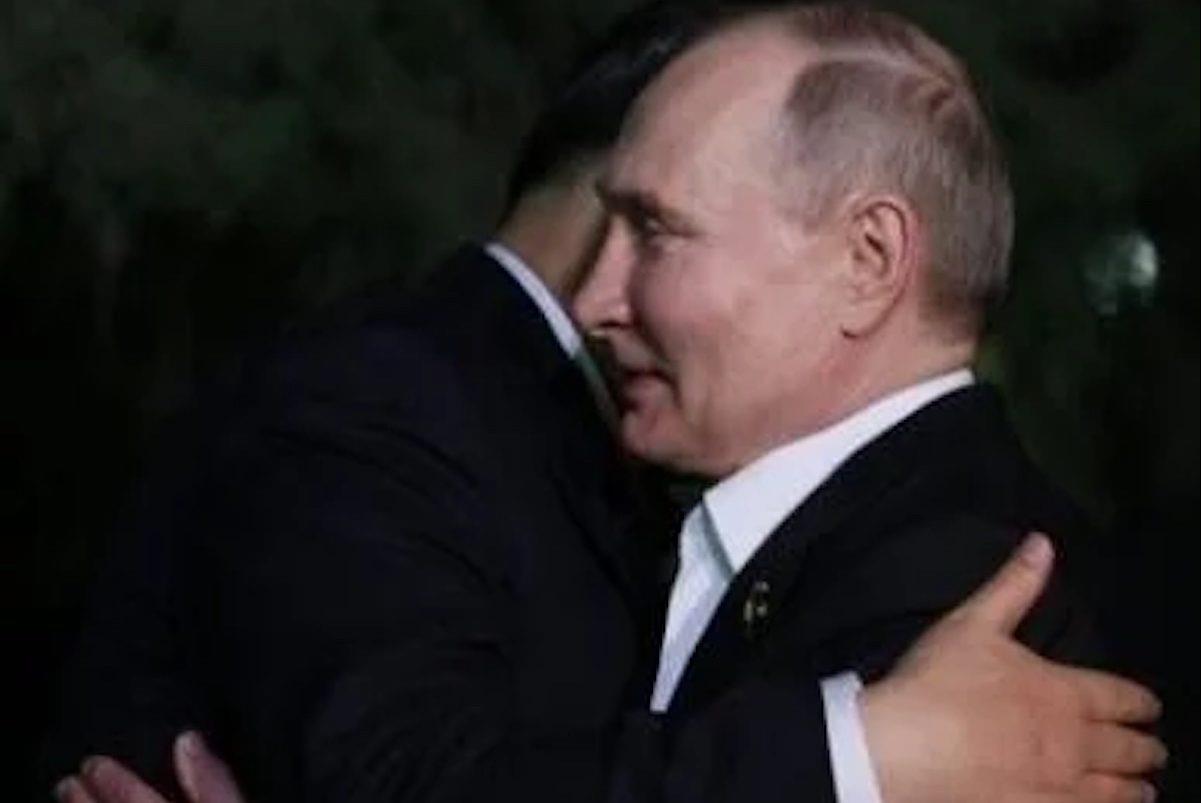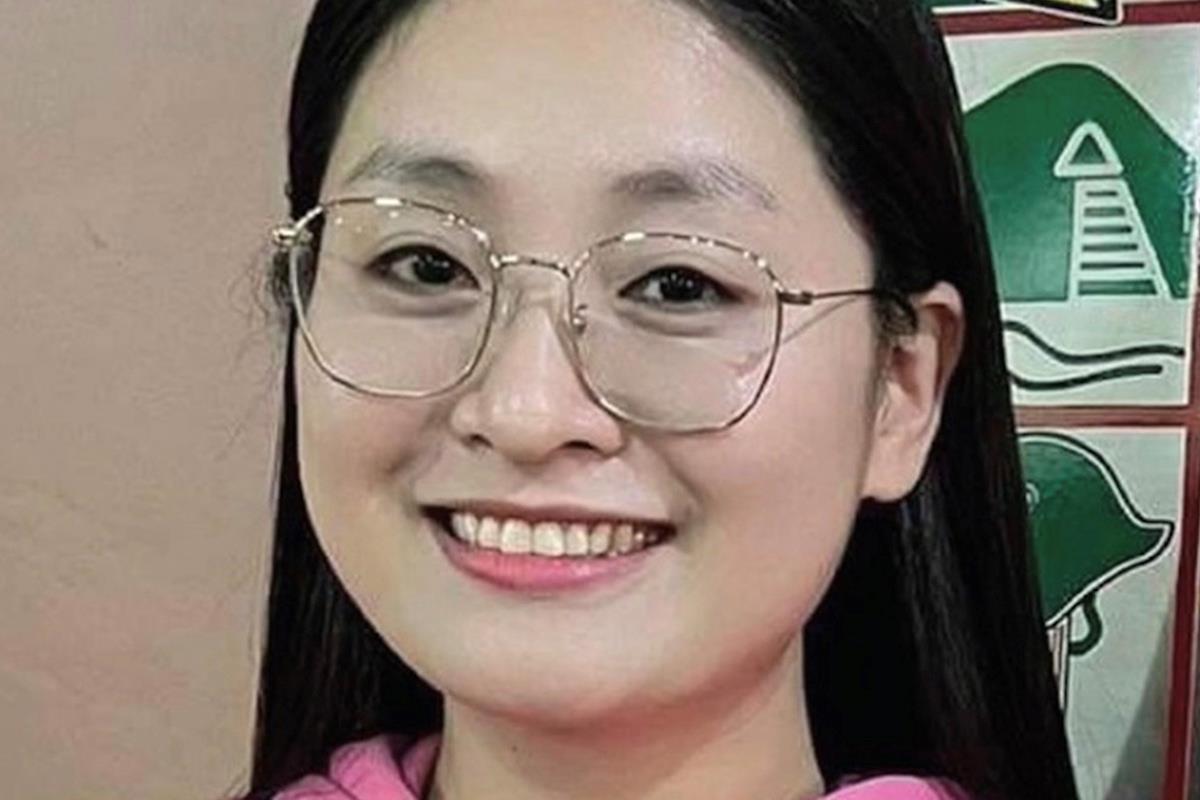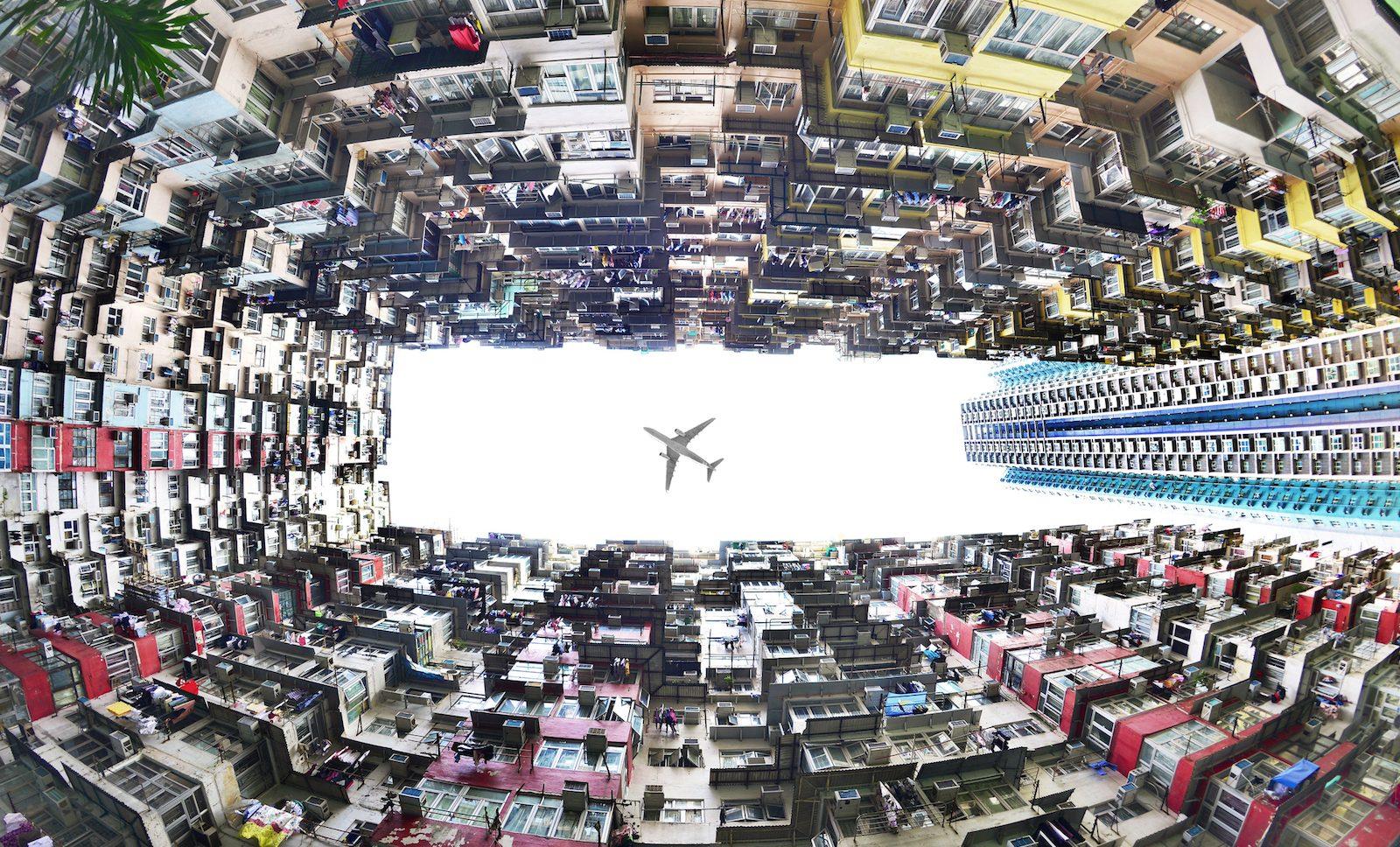China 'Foremost Perp' Of Foreign Influence In Canada
Date
5/19/2024 10:14:18 AM
(MENAFN- Asia Times) Canada's federal government established the Public Inquiry into Foreign Interference in Federal Electoral Processes and Democratic Institutions , led by Justice Marie-Josée Hogue, in September 2023.
In Canada, foreign interference is defined as“harmful activities undertaken by foreign states or their proxies that are clandestine, deceptive, or involve a threat to any person to advance the strategic objectives of those states to the detriment of Canada's national interests.”
These threats and activities of state or non-state entities foster polarization, distrust and erode faith in democratic systems.
Hogue's initial report found that foreign interference occurred in both of the last two federal elections - held in 2019 and 2021 - and is expected to continue.
In contrast to former Governor-General David Johnston's separate report on foreign interference, the commission made public the bulk of security and intelligence reports during the first stage of the hearings. Most of these documents were declassified and unredacted.
China is the biggest culprit
Among the few countries that the commission examined, the People's Republic of China was found to be “the foremost perpetrator” of foreign interference. Its sophisticated, pervasive and persistent activities target government officials, electoral candidates, political organizations and diaspora communities.
With poured into its global operation, China expends significantly more resources on foreign interference-related activities than any other country.
The commission's first-stage hearings featured a panel of diaspora community representatives who have been affected by foreign interference and transnational repression . Together with witness statements from and an who dealt with foreign interference, a diaspora perspective emerged from this initial phase of the commission's hearings.

Commissioner Justice Marie-Josée Hogue makes her way to the stage to deliver remarks on the interim report of the Public Inquiry into Foreign Interference in Federal Electoral Processes and Democratic Institutions on May 3, 2024. Photo: The Canadian Press / Adrian Wyld Latest stories

Russia and China BFFFF – for the foreseeable future Volatility is cheap

Seeing China reds under the beds in the Philippines In her report, Hogue noted some diaspora communities are disproportionately affected by foreign interference. Targeted by China in its transnational repression efforts , five groups - dubbed the“Five Poisons” by Chinese authorities - particularly bear the brunt:
Falun Gong adherents, Uighurs, Tibetans, supporters of Taiwan and those advocating for democracy in mainland China and Hong Kong.
It was chilling to hear Mehmet Tohti from the Uighur community tell the commission about a threatening phone call from Chinese state police announcing the death of his mother and two sisters in his homeland.
Grace Dai Wollensak from the Falun Gong community broke into tears when she recounted 25 years of foreign interference and transnational repression in Canada.
Chinese reachHogue's report validated the Chinese diaspora group's lived experiences and their observations about China's power and motivation to silence dissidents, amplify Chinese Communist Party narratives, control public opinion and sow discord in diaspora communities.
Through its United Front Work Department , an entity under President Xi Jinping's direct command that's aimed at shaping international discourse and orchestrating transnational repression, China manipulates democratic institutions to serve Communist Party interests by using rewards and punishments .
Via friendly community organizations or trusted contacts working on behalf of China , the United Front Work Department co-ordinates its foreign interference activities via Chinese embassies or consulates to target activists, dissidents and politicians .
The commission heard that Chinese diaspora members face frightening overt and covert tactics from Chinese consulates, dissuading them from full participation in Canadian public life if they don't align with China's interests.
While Hogue determined that foreign interference didn't determine which party formed a government in either 2019 and 2021, results in certain ridings may have been impacted. For instance, misinformation and disinformation campaigns targeted former Conservative Party leader and , a former MP from British Columbia, due to their criticisms of China's human rights record.
Hogue recognized that foreign interference in the last two elections has tarnished Canada's electoral ecosystem, compromising some voters' rights to make independent choices. That's a detriment to democracy.
Lacking protectionFrom a diaspora perspective, protection from foreign interference and transnational repression is of the utmost importance .
As revealed in Hogue's initial report, there were obvious communication gaps among related government departments and agencies during both election periods. There was also a lack of co-ordinated effort and attention to specific warnings about foreign interference that were provided by security and intelligence agencies like the Canadian Security Intelligence Service (CSIS) before and during both election campaigns. Diaspora communities were left unprotected because there were no warnings.
Diaspora communities have been failed by the government's efforts to address foreign interference. The government and political parties have seemingly only been concerned about the political implications and consequences, and not the harm caused to diaspora communities.
Ample intelligence reports on foreign threat activities have reached monitoring bodies such as the Security and Intelligence Threats to Elections (SITE) Task Force and the panel of five senior public servants tasked with monitoring foreign interference and issuing public warnings if they felt there was a threat to the integrity of the vote. The Prime Minister's Office was notified about these reports.
But the commission heard that no incident had been found warrant a public statement.
This is likely because protocols on what does warrant a public statement do not reflect the realities of diaspora communities. There was also a probable under-reporting of cases and evidence because diaspora community members lack access to public information. Tip lines are available only in English and French.

Sign up for one of our free newsletters The Daily ReportStart your day right with Asia Times' top stories AT Weekly ReportA weekly roundup of Asia Times' most-read stories
Raising awarenessDespite the fact that the commission's mandate in the first stage was confined to the last two general elections, there may now be greater public awareness of the damage foreign interference has done to Canada's democratic system.
The commission heard about several disturbing incidents, including:
the transfer of $250,000 for suspected foreign interference-related purposes, the Chinese consulate's involvement in transporting international students to a nomination contest in the Toronto riding of Don Valley North and the ostracization of vocal MPs perceived as threats by China.
But they're only the tip of the iceberg.
Hogue's initial report did not mention the struggles of diaspora communities because the members of those communities weren't sworn in as witnesses - they appeared at the first-stage hearings to raise awareness and provide context. They will likely appear as witnesses in the next phase of hearings, and their lived experiences should augment the intelligence reports and widen the scope of understanding about the threats and activities of state entities and their proxies in Canada.
Hogue has warned that foreign interference will not stop and indeed may become more intense in the future. The perspectives of those from diaspora communities on how to stop foreign interference can help strengthen Canadian democracy.
Maria Cheung is a researcher on social work at the University of Manitoba and Kawser Ahmed is an adjunct professor in the the Political Science Department at the University of Winnipeg .
This article is republished from The Conversation under a Creative Commons license. Read the original article .
Already have an account?Sign in Sign up here to comment on Asia Times stories OR Thank you for registering!
An account was already registered with this email. Please check your inbox for an authentication link.
MENAFN19052024000159011032ID1108231613

Legal Disclaimer:
MENAFN provides the information “as is” without warranty of any kind. We do not accept any responsibility or liability for the accuracy, content, images, videos, licenses, completeness, legality, or reliability of the information contained in this article. If you have any complaints or copyright issues related to this article, kindly contact the provider above.